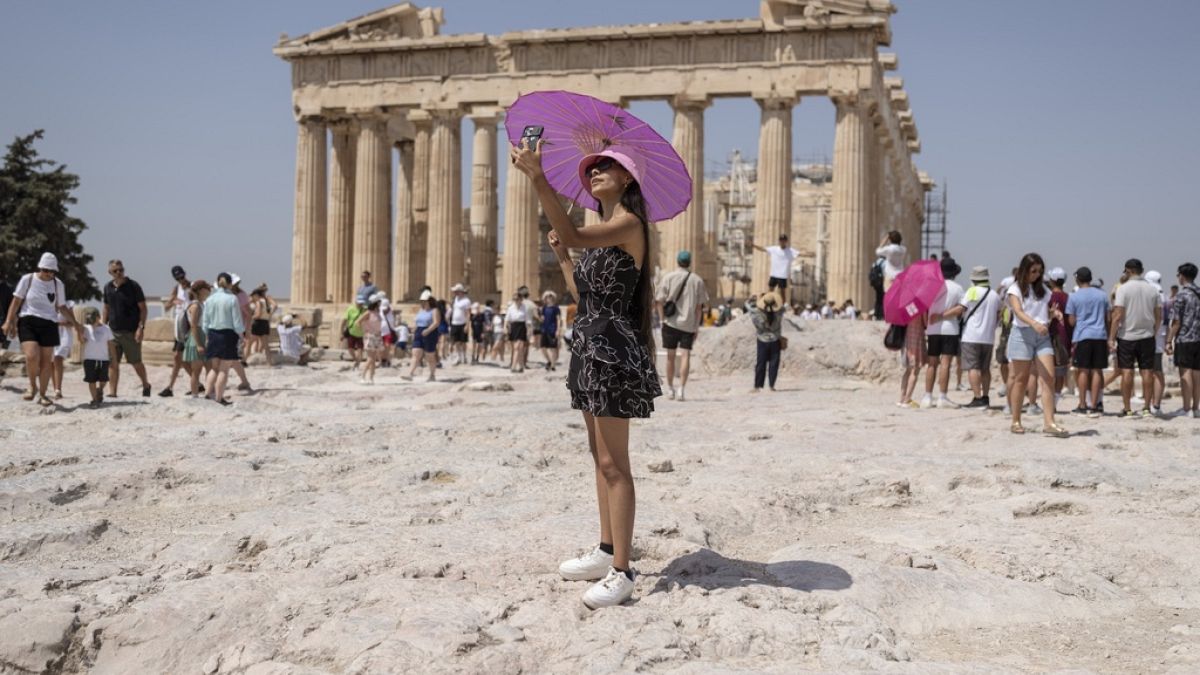Tourists and visitors to Greece have been warned not to "take unnecessary risks" in the wake of the deaths of Europeans during the recent heatwave.
Three tourists were found dead in just one week, more went missing and today a 68-year-old German man was found unresponsive on the Greek island of Crete.
Greece has been hit by its earliest ever heatwave, with temperatures reaching 40 degrees. The Greek Minister of Health Adonis Georgiadis put this down to the climate crisis saying, "People need to understand that climate change is happening and that they need to be very careful".
Greece's geography and proximity to Africa are some of the factors that make it particularly vulnerable to the effects of human-caused climate change. Read more on why Greece is warming so fast.
Don't 'underestimate' the impact of extreme heat
The government minister said, "We have had cases of foreign travellers who lost their lives in Greece. They lost their lives because they underestimated the phenomenon [of climate change]".
He went on to say holidaymakers need to be "very careful" while visiting the country as it grapples with soaring temperatures, and to not take "unnecessary risks".
While tourist attractions such as the Acropolis frequently close to protect visitors, the tourists who have died had mostly gone out walking at the height of the day's heat.
Read our guide to expert advice on hiking in hot weather.
Watch out for the signs of heat stroke
Confusion, difficulty in making decisions and an altered perception of risk are a few of the warning signs that you may be suffering from the effects of heat.
According to experts, getting into the shade or a cool place, drinking water and seeking medical help are the best options.
There are certain populations who are especially in danger during heatwaves. Babies, young children, people with pre-existing health conditions and the elderly should take particular care to stay indoors.
See more of Greece's heatwave in the video above.


